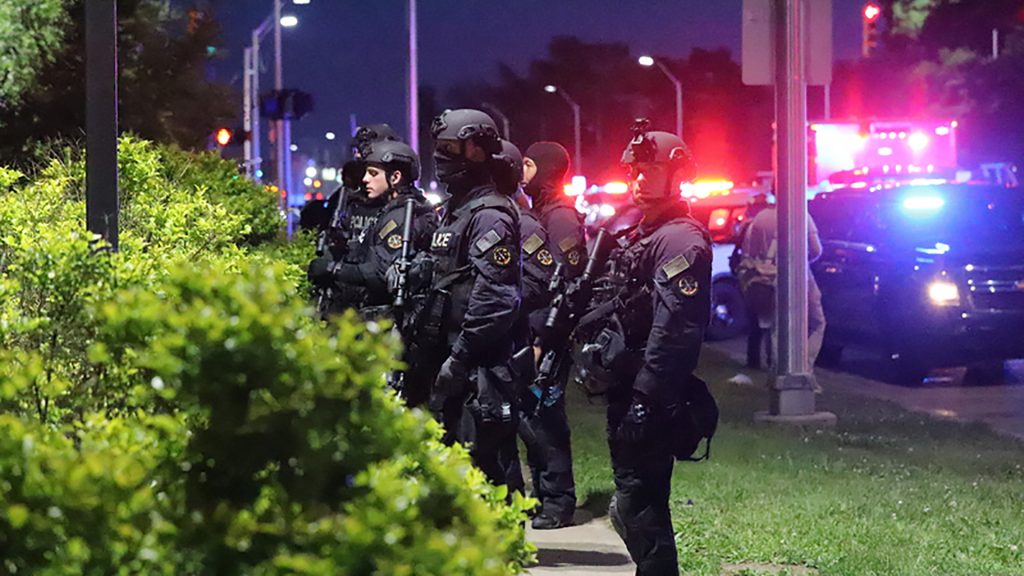
At the height of last summer’s protests, when citizens marched in the streets demanding local leaders defund police departments, Boston University’s Initiative on Cities queried 130 mayors of municipalities with at least 75,000 residents in 38 states on their opinions of police funding. Despite the public outcry, the survey indicates most mayors are satisfied with current budget levels, reported NPR in January.
According to the Menino Survey of Mayors, more than three-fourths of mayors stated their police budgets were “about right,” and less than 12% believed funding was excessive. That said, more than half of the city leaders were receptive to exploring reallocating “a few” police resources to social service programs as well as delegating some duties to other city departments. One out of three mayors, however, stated there was no need to consider any reallocation.
The survey also questioned officials about systemic racism and if it relates to police violence. While nearly 70% of the mayors indicated the protests shed light on the sensitive subject and could initiative positive change, approximately 45% of respondents also believe Blacks distrust police. Sixty percent of the mayors acknowledged police violence is a problem in their cities and 51% say racism by law enforcement professionals contributes at least “a little” to these types of incidents. Another 52% cite lack of diversity among police rank and file as a contributing factor to racial conflicts between law enforcement and citizens.
There were, however, notable differences along political party lines. Republican mayors were 31% more likely to regard the protests as leaving a harmful impact, and nearly three-fourths say police officers treat white and Black people equally compared with only 14% of Democrats.
“The many controversial police-involved line-of-duty deaths of Black people in 2020 brought a renewed national focus on the long history of violence and racial bias in policing,” responded James T. Butts, mayor of Inglewood, California, and a former chief of police, to one of the open-ended questions researchers posed. “Cities across the country must continue the work to deconstruct negative departmental cultures and improve policies and practices in policing. We need a comprehensive approach to reform, one that stresses transparency in operations, engagement with the public, an emphasis on values-oriented policing and the greater use of social services/mental health personnel — which at times are more suited to resolving crisis situations that are not suited for the use of police authority.”
Katherine Levine Einstein, assistant professor of political science at Boston University and one of the report’s authors, added that many respondents signaled the need for systemic changes within police agencies. “They thought more about, OK, we have this police force, how can we maybe make it a little more diverse? How can we maybe change our training practices at the margins?” she told NPR.
“It’s got to be more than cosmetic attempts to do things like coffee with a cop and to say we’re engaged in things like community policing,” Butts also conveyed to the news outlet. “They can’t be schemes that say ‘Look, we’re doing this, so we’ve changed.’ You have to look inside at your culture, how you police, how you think, look at your complaints that you receive and use those as a barometer or guide as to what you need to do to change behavior or thinking in the department.”
The survey, named after the late mayor of Boston Thomas Menino and supported by Citi and The Rockefeller Foundation, is an annual project to understand the policy priorities of America’s mayors from large and mid-size cities.





